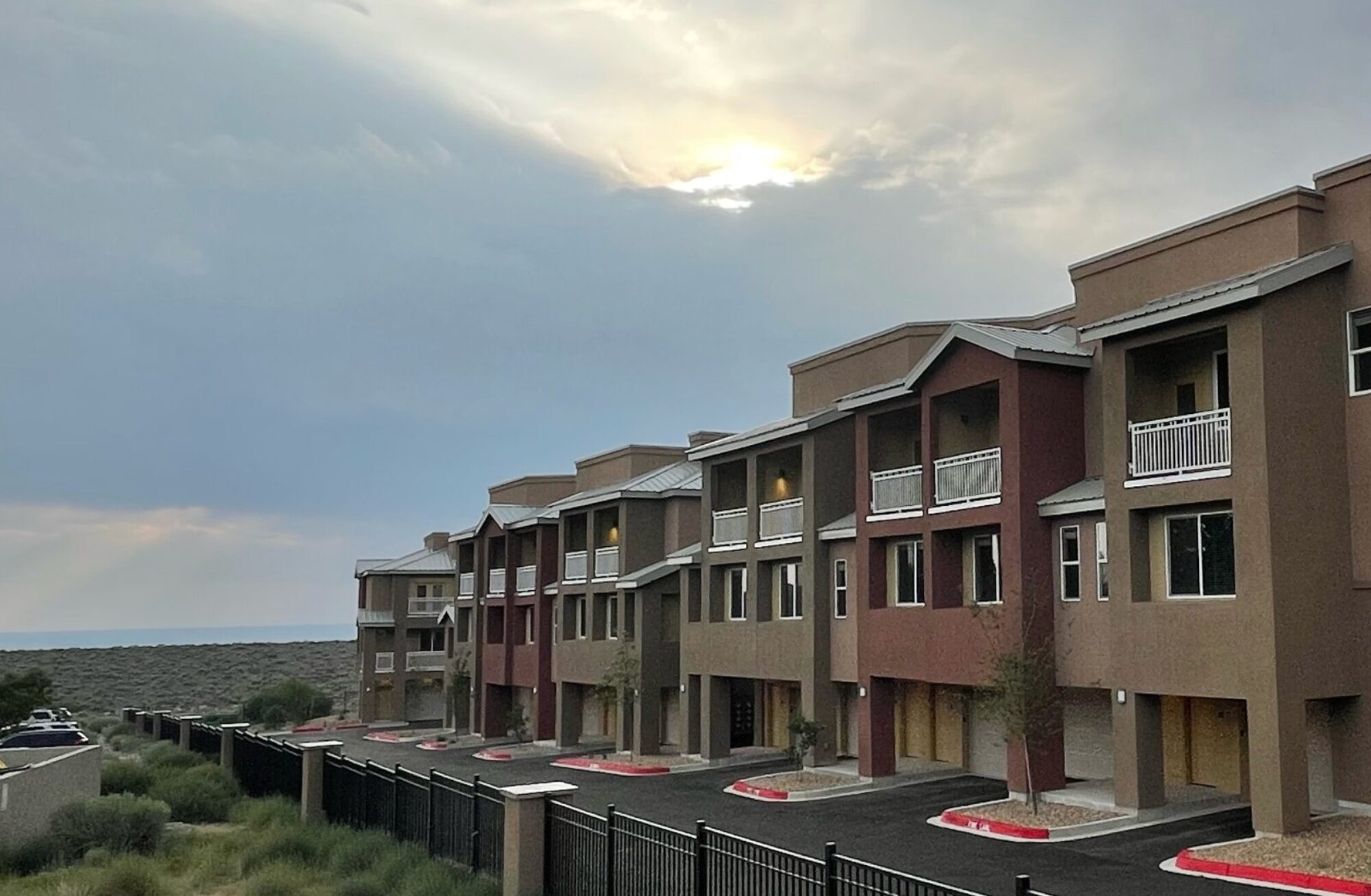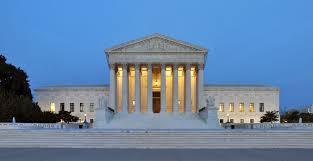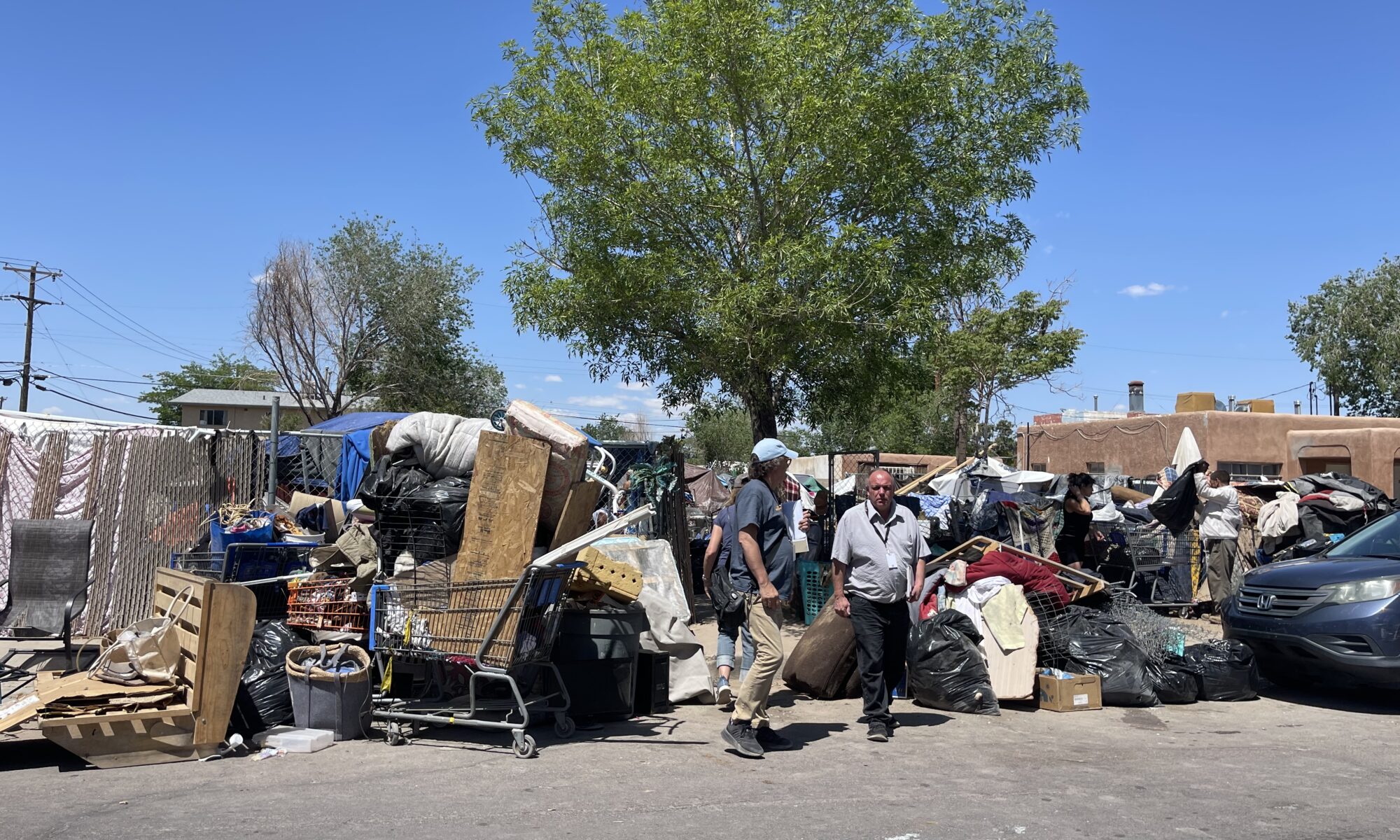Note: All the cases mentioned are linked at the end of this post.
Last week, the United States Supreme Court issued its decision in the Grants Pass v. Johnson case, an appeal of a lower court decision that deemed the enforcement of camping laws in the Oregon city are cruel and unusual punishment under the Eighth Amendment of the United States Constitution. The Court found for the City of Grants Pass, deciding that enforcing these laws is not cruel and unusual punishment, and homelessness is not a protected status. Predictably, some called this the criminalization of homelessness while others hailed it as a step forward for law and order. What issue did the Court really resolve and what does it mean for local governments and homeless people? The issue of status is significant, but the decision does nothing to change the economics of homeless encampments.
By now, everyone in the United States is familiar with what has come to be known as “an encampment,” a series of improvised shelters usually on public or vacant private land. Many people find these encampments threatening, ugly, and dangerous, even if they are composed of just one or two tents. Others argue that the encampments are necessary because there are no other options and even that allowing them creates a visible presence of a persistent problem; the aggravation created might motivate more support for money for programs or housing.
The Court didn’t resolve this issue. The question resolved last week is narrower; is homelessness an involuntary condition like addiction, and when local laws are created that make a crime of sleeping outside, is enforcement cruel and unusual as defined by the Eighth Amendment. There is no way I can capture the nuances of this argument, but it is important to have at least a rough sketch of the legal issues presented.
The case that started it all was Martin v. Boise, a legal challenge filed by homeless people in Idaho who alleged that ordinance that outlawed camping was unconstitutional because there were not enough shelter spaces. The ruling of the 9th Circuit Court of Appeals was that, indeed, a law against camping is fine, but unenforceable when people have no other options. In that case, Boise agreed to settle and build more shelter beds.
Later, some homeless people in Grants Pass formed a class, and sued the City for creating a law that essentially made it illegal to camp in any public place, ever. It’s pretty clear from the record that the intention of the City was make things uncomfortable enough for homeless people in Grants Pass that they’d go somewhere else. The law was intentionally designed to keep people moving and unsettled. Fines and jail were threatened if a person was found camping outside. The argument in that appeal was largely based on a case decided by the Court in 1962, Robinson v. California which decided that enforcement of California’s law criminalizing addiction was cruel and unusual by the definitions of the Eight Amendment.
As I implied above, scholars argue over every amendment, and the Eighth has its own vocal constituency. But central to last week’s decision was a rejection of the idea that Robinson briefly established, that addiction is a status, a possibly immutable characteristic. It is critical to note that California’s law explicitly outlawed addiction. I can’t imagine anyone (except Justice Thomas) thinking this makes and logical sense and that punishing a person for being an addict is similar to punishing someone for being depressed, or to harken back to another time, possessed by an evil spirit. Yet, Robinson held that a crime of addiction, like possessing drugs, was still a crime.
Robinson established an idea that if it could be clearly proven that a law targeted a status, it would be a status offense. A subsequent case tried to take it a step further by arguing that when a person violates a law because of their status, to enforce the punishments set by the law would be cruel and unusual. The Powell v. Texas case argued that the defendant in a criminal case of public intoxication had the status of an addict and thus involuntarily violated laws against public drunkenness; to punish Powell would be cruel and unusual given the precedent set by Robinson. However, in Powell, the Court rejected this, and determined that even while a person has a status, typical punishments for violation of the laws violated are neither cruel nor unusual.
This was the question that the City of Grants Pass and many other supporters asked the court to settle; is homelessness a status like addiction and are laws that have the effect of punishing the effects of that status cruel and unusual? The Court felt it didn’t have to deal with Robinson because Grants Pass didn’t outlaw homelessness, just camping at proscribed times and places. And the Court agreed with the City, that if the law itself was not violative of Robinson, and that the essence of the Eighth Amendment is about punishment, not the law designating a crime, then the 9th Circuit was wrong, and Grants Pass is free to make and enforce whatever law it likes about camping.
This decision does nothing to solve the complex problem of people living in improvised housing nor does it hand local jurisdictions any tools make homeless people disappear. Think about it. Now Grants Pass, or any other city, can spend a substantial portion of its budget chasing people around, fining them, even though they can’t pay, then buying them jail cells. This policy neither ends homelessness and its attendant aggravation for people who want it to go away, but it simply adds more costs and risks to the government and community. In areas where there are shelters and people don’t use them, people living in improvised housing are sending a clear message: the shelter system doesn’t work, I’d rather take my chances with other people like myself against the juggernaut of enforcement.
The marginal rate of substitution is an economic term that sounds complicated, and it is. There’s even a formula. But the idea is simple, rational actors in a market will make choices about things they want and don’t want, and when they can’t get what they want or need, they will choose substitutes. If shelters offered a real solution to people dealing with addition and mental illness living in tents and other improvised housing, people would go to them. As I’ve pointed out before, survival instincts, particularly banding together in a common cause, are the building blocks of civilization. We need a housing system that doesn’t require transactions or performance to get help and shelter, but a system that meets people where they are today.
I’m pleased with the resolution of this case. Had the court established homelessness as a status like addiction, that decision would have created zero dollars, and zero community buy-in for creating solutions. Establishment of a status without resources is a hollow promise, just look at the Fair Housing Act, passed 50 years ago to end housing discrimination. Today, the gap between White and Black homeownership is wider than it was then. And giving governments the ability to “crack down” and “enforce the law” just means more costs, more suffering, and no practical results.
The decision forces us back to reality. How do we create a continuum of shelter and housing solutions that support and expand human potential for organizing into communities and economies of accessible scale. Can we create improvised solutions that may not be legal according to the building and zoning code, but are safe and healthy? Can we tolerate a world in which a code that was designed to ensure health and safety, now prevents it, forcing improvised shelter to meet unreachable standards? How much do we demand of people already traumatized and suffering, living in a tent in a vacant lot, to receive the benefits of safe and healthy shelter? The Court’s decision doesn’t answer these questions. That is up to us.
Martin v. Boise
Grants Pass v. Johnson (9th Circuit Decision)
Grants Pass v. Johnson (Petitioner Brief)
Grants Pass v. Johnson (Respondent Brief)
Grants Pass v. Johnson (SCOTUS Decision)
Robinson v. California
Powell v. Texas



